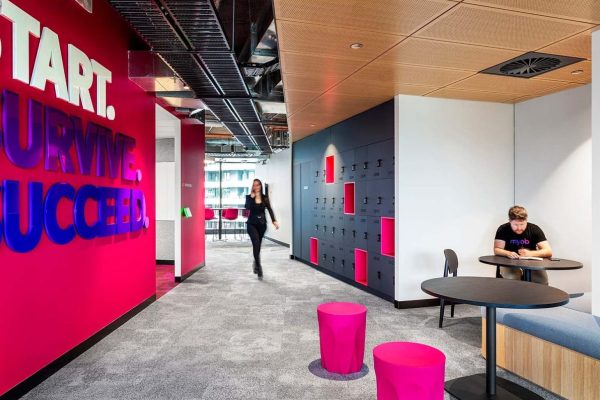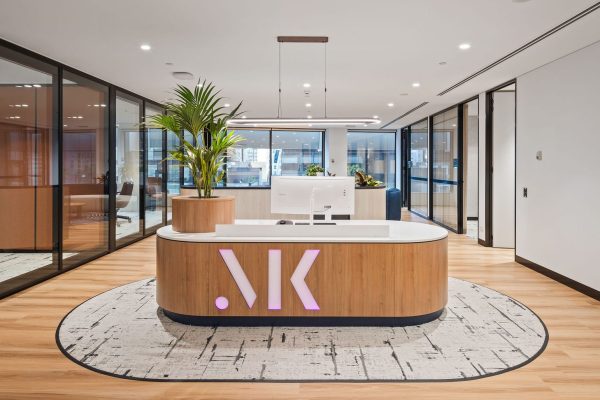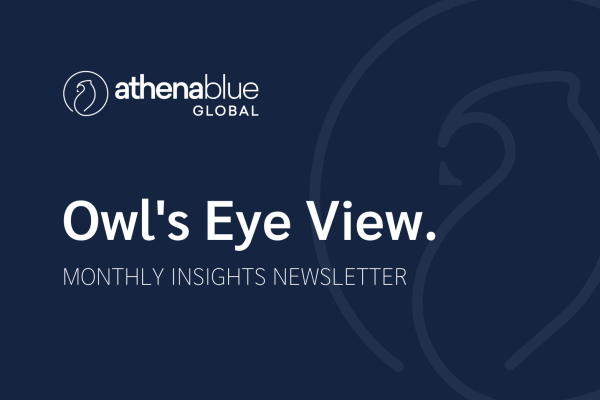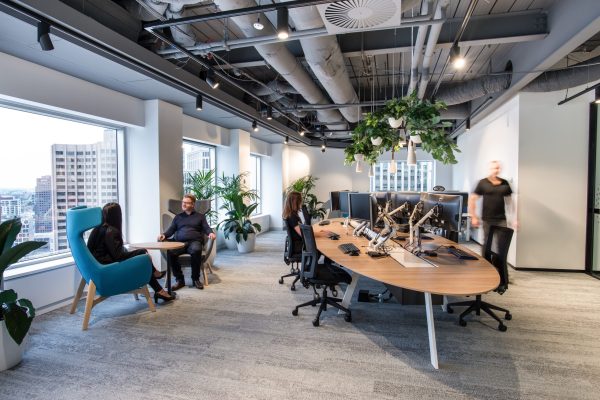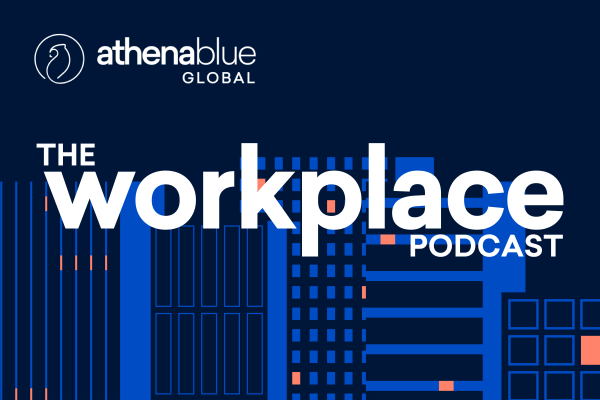Human and social capital criteria are also being prioritised to better understand business risk and return on investment. This ‘people first’ approach is helping to transform human health, wellbeing, and equity across the workforce for the better.
Traditionally, wellbeing has been seen as a nice-to-have, but I’m sure we can all agree that expectations have accelerated over the last two years. Statistically, we know that an estimated 18% of adults will experience a common mental health condition each year, such as anxiety, depression, or substance abuse. This has resulted in leadership being accountable for both the quality and safety of the workplace, as well as how an employee feels at work.
We also know that the health of an organisations people is intrinsically linked to business performance. Evidence shows us that a healthy and engaged workforce positively impacts a business’s bottom line, and that these organisations experience lower turnover and burnout alongside greater productivity and engagement. And, when a business is thriving, these initiatives help to attract some of the best talent on the market. A recent Forbes study found that 87% of employees considered the health and wellness packages of an organisation when choosing a new employer.

As we transition towards a more hybrid way of working, it is imperative that organisations proactively focus on supporting the mental, physical, and social health of their workforce through tailored and intentional wellbeing promotion and interventions. Issues such as burnout, diversity and pay equity are front and centre, while psychosocial concerns have become heightened as we transition towards our new normal.
Our time away from the office has also helped us all to understand our innate need for face-to-face social connection. Our need to be part of a strong community makes the workplace a social destination to meet our emotional and physical needs. One-on-one personal interactions are also invaluable when building trust and commitment within an organisation.
You, as leaders, have an opportunity to intentionally support your staff so that they can be more resilient and supported through intentional wellness – based design interventions, operational protocol and policy. Educating your management teams at all levels is one of the most important key success factors to ensure the intentions are understood and supported in all areas of your business.
What’s most important is that the wellbeing strategy needs to be built into both the work and workplace itself to create a human centric experience. Each organisation will have a unique set of risk factors that must be individually assessed and supported. When this is done well, it systemically supports the organisational performance and overall health of the workforce and their families beyond.
At Athena Blue Global, we help organisations shape their best places to work. If you would like to learn more about how we can help you define your future way of working or make sense of your workplace needs, please get in touch with us here.


